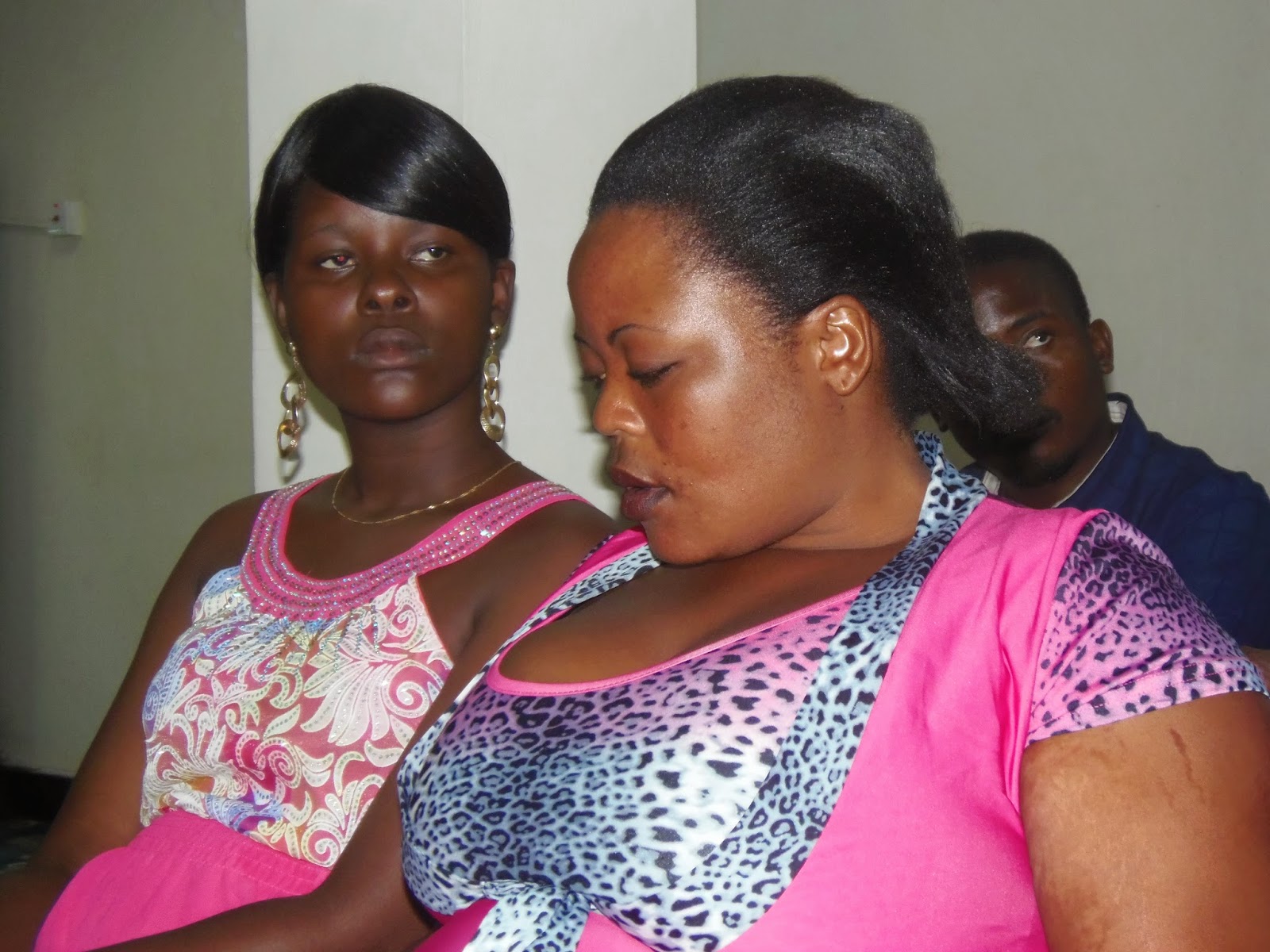Thursday,
November 27, 2014
(Ottawa) New
evidence is emerging that Barrick
Gold’s dealings with
victims of violence by mine security and police at mine sites in Papua New
Guinea and in Tanzania is primarily designed to protect the company from legal
action, rather than to provide fair remedy for women who have been raped and men
who have been hurt or killed by mine security.
Lawyers who
represent victims of violence at the Porgera mine in Papua New Guinea (PNG) and
at the North Mara mine in Tanzania are speaking out.
On
Friday, U.S.-based EarthRights
International released
documents that reveal how the compensation process Barrick has put in place at
the Porgera mine to deal with victims of rape by the company’s mine’s security
trades inadequate benefit packages for a promise never to sue Barrick. Documents
reveal that women who reject the packages or ask for other forms of remedy are
being turned away by the program.
“Some
of the women felt they had no choice but to accept the benefits offered,” said
Marco Simons, Legal Director of EarthRights International (ERI), which
represented dozens of women in the process. “One of our clients told us how she
was brutally beaten, cut with a knife and raped by more than 10 Barrick guards,
left unable to have children, and then abandoned by her husband and ostracized
by her community. She was angered by what the Remedial Framework offered. But
she felt she could not reject the benefits because she needed medical treatment;
her injuries still made it painful for her to walk.”
“Some
of our clients did, however, refuse the benefits,” added Simons. “As far as we
know, the only women who refused to sign Barrick’s legal waiver were those
represented by ERI – in other words, those who thought they might have other
options.”
In
a visit to Ottawa on November 6, 2014, Shanta Martin, a partner at UK-based law
firm Leigh
Day, spoke out
about the firm’s Tanzanian clients who are pursuing claims against African
Barrick Gold (now called Acacia Mining) and its Tanzanian subsidiary in the High
Court of England and Wales for deaths and injuries they claim were a result of
the excessive use of force by mine security and police, including the frequent
use of live ammunition.
In
its press release Martin said, “Impoverished people from remote rural villages
who sue multinational companies often face incredible obstacles to having their
claims heard by an independent arbiter,” said
Martin. “Our clients naturally
expect companies that say they are transparent and supportive of human rights to
live up to those claims.”
As in
Papua New Guinea, Barrick’s North Mara mine in Tanzania has implemented a
compensation process to deal with victims of excessive violence by mine
security. And as in PNG, victims of violence have to sign away their right to
sue the company in return for compensation, however inadequate. MiningWatch
Canada and UK-based Rights
and Accountability in Development (RAID)
conducted a human rights assessment at the North Mara mine in July and August
and found that the mine’s compensation program is not transparent, not
independent of the company, that the compensation being offered is neither
appropriate nor reflective of the deaths and serious harm that victims have
suffered, and that it is not what the victims themselves said they need to
overcome the harm.
MiningWatch and
RAID also found that clients of Leigh Day were being targeted by North Mara mine
personnel to persuade them to drop their law suit in return for this inadequate
compensation.
In
its release, Leigh Day confirmed that many of their clients stated they had been
specifically targeted to forgo their legal claims and sign up to the mine’s
grievance mechanism.
“The
PNG and Tanzanian cases clearly demonstrate an abuse of so-called project level
grievance mechanisms to ensure legal immunity for Barrick at a high cost to the
victims of violence,” says Catherine Coumans of MiningWatch Canada. “It is
questionable whether company-led project-level grievance mechanisms should even
be dealing with criminal acts by mine security, but if they do they should
absolutely not result in legal waivers that create barriers to access to
judicial remedy.”
Both
the Government of Canada and the Mining Association of Canada are currently
drafting guidance for the use of project-level non-judicial grievance
mechanisms. The issue is also front and centre at the upcoming UN Forum on
Business and Human Rights in Geneva in December.
 T
T






